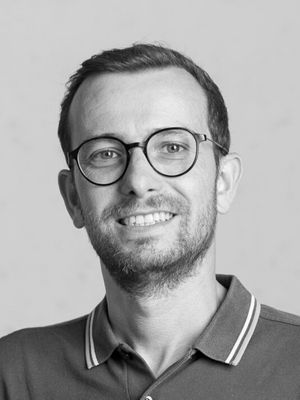
Stress and Compulsivity from Brain to Mental Health
Compulsive behaviors are actions that are engaged repeatedly and persistently without leading necessarily to a positive or rewarding outcome. These behaviors are influenced by several environmental conditions that include stress.
Millions of people experience compulsive behaviors that could be manifestations of psychiatric disorders such as Obsessive-Compulsive Disorder, Body Dysmorphic Disorder, Pathological Gambling or Addictive Disorders.
Our team is devoted to studying brain mechanisms underlying the pathophysiology of mental disorders, with a special emphasis on stress and compulsivity symptoms, and on how these symptoms can be reduced through novel therapeutic strategies.
Our approach includes: (i) the use of the most advanced brain imaging techniques to better characterize the brain and its dysfunctions; (ii) the use of significant and diverse sources of information to better understand the determinants of mental health and mental disorders; (iii) and the use of the most updated scientific knowledge to the development of interventions that promote mental health from both societal and clinical perspectives.
More specifically, we aim at developing novel pharmacological therapies, psychotherapeutic approaches and digital tools that could improve mental health and provide care to those suffering from psychiatric disorders.
This team is highly committed to the university mission by promoting not only education and research but also extension activities such as the development of solutions for implementation in clinical settings, the dissemination of research and scientific knowledge, and the organization of initiatives that contribute to improving the health and scientific literacy among the community.
Team Members

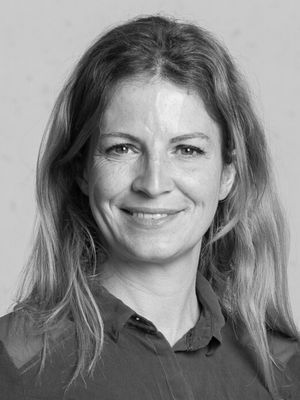
Joana Cabral

Catarina Raposo Lima

Maria Picó-Pérez

Afonso Fernandes
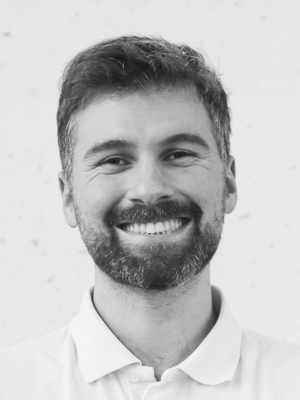
Gonçalo Torrinha

Matilde Gomes

Sónia Ferreira

Inês Castro

Rosana Magalhães
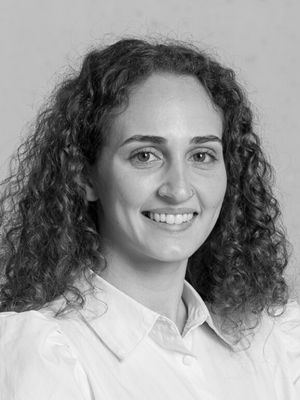
Ana Daniela Costa
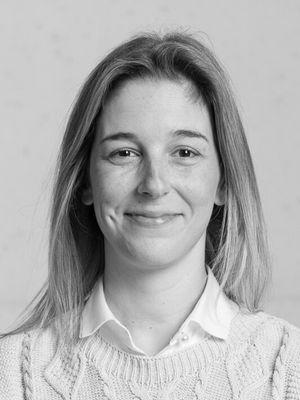
Mafalda Machado-Sousa

Maria Beatriz Couto

Patrícia Soares Coelho

Pedro Mota
Team Members

Pedro Morgado
Principal Investigator
Team Coordinator

Joana Cabral
Assistant Researcher

Maria Picó-Pérez
Assistant Researcher

Afonso Fernandes
Clinician-Researcher

Gonçalo Torrinha
Clinician-Researcher

Inês Castro
Clinician-Researcher

Matilde Gomes
Clinician-Researcher

Rosana Magalhães
Clinician-Researcher

Sónia Ferreira
Postdoctoral Researcher

Ana Daniela Costa
PhD Student

Catarina Raposo Lima
Assistant Researcher

Mafalda Machado-Sousa
PhD Student
Success Story
Projects
- Pedro Morgado
- Obsessive-compulsive disorder (OCD) is a chronic, debilitating disease that affects 2-3% of individuals worldwide. This psychiatric disorder is characterized by the presence of obsessions – intrusive and repetitive thoughts, images or impulses…
- Pedro Morgado
- Obsessive-Compulsive Disorder (OCD) has been defined as a disorder of decision-making. We aim to characterize the behavior of patients with OCD when they have to make decisions and characterize the neurobiological mechanisms …
- Pedro Morgado
- Obsessive-Compulsive Disorder (OCD) is a common, chronic, and long-lasting disorder in which a person has uncontrollable, reoccurring thoughts (obsessions) and/or behaviors (compulsions) that he or she feels the urge to repeat over and over…
- Joana Cabral
- Different types of brain stimulation strategies – including both pharmacological and electromagnetic – have shown to offer therapeutic effects for neuropsychiatric disorders. However, the outcome of these interventions remains sub-optimal, mainly…
- Joana Cabral
- Over 500 million people worldwide are estimated to suffer from some form of psychiatric disorder. Based on behavioral symptoms, psychiatric disorders are classified as depression, dementia…
- Maria Picó-Pérez
- Motivational contingencies may improve or worsen our executive functioning. The effects of reward on behavior have been widely studied and may be involved in the physiopathology of …
- Maria Picó-Pérez
- The exclusion of females from research studies was a critical issue that harmed their health and the advance of science and medicine. In order to correct this situation, funding agencies started requesting the inclusion of women…
- Pedro Morgado
- Patients with obsessive compulsive disorder (OCD) often experience aversive emotions in response to obsessions, which motivate them to engage in compulsive …
- Pedro Morgado
- This project aims to understand in which way the COVID-19 pandemic influences mental health in the general Portuguese adult population. This information enabled the development of a digital platform for adequate mental health care…
- Matilde Gomes
- This project aims to study the impact of Compassion-Focused Therapy on the rehabilitation of patients with schizophrenia and evaluate the influence of this therapy on the emotional regulation process from the perspective of functional imaging.
- Pedro Morgado
- Obsessive compulsive-disorder (OCD) is a chronic psychiatric illness associated with significant morbidity and dysfunction. The therapeutic response to conventional treatments (pharmacotherapy and cognitive-behavioral therapy)…
Selected Research Outputs
https://doi.org/10.1016/j.neubiorev.2020.01.033
https://doi.org/10.1016/j.biopsych.2019.04.022
https://doi.org/10.1001/jamapsychiatry.2020.2694
https://doi.org/10.3390/ijerph18041910
https://doi.org/10.1017/S0033291721005523
https://doi.org/10.1016/j.pnpbp.2022.110563
https://doi.org/10.1016/j.psychres.2022.114874
https://doi.org/10.1038/s41593-021-00824-6
https://doi.org/10.1038/s41583-022-00646-w
Saúde Mental P5 https://saudemental.p5.pt/



Contact us
Phone: +351 253 604 967
Fax: +351 253 604 809
Email: icvs.sec@med.uminho.pt
Address
Life and Health Sciences
Research Institute (ICVS)
School of Medicine,
University of Minho,
Campus de Gualtar
4710-057 Braga
Portugal

Copyright ©2022 ICVS. All Rights Reserved



Copyright ©2022 ICVS. All Rights Reserved
Address
Life and Health Sciences
Research Institute (ICVS)
School of Medicine,
University of Minho,
Campus de Gualtar
4710-057 Braga
Portugal



Copyright ©2022 ICVS. All Rights Reserved
Address
Life and Health Sciences
Research Institute (ICVS)
School of Medicine,
University of Minho,
Campus de Gualtar
4710-057 Braga
Portugal

